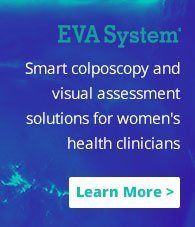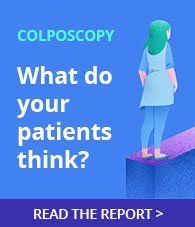


Why family physicians should perform colposcopy
Family doctors and primary care providers are the front lines in the effort to provide preventative medicine. With this vantage point, they are well placed to offer a range of screening services, benefiting their patients and expanding their practices. An increasing...
Teleconsultation: Connecting clinicians to benefit patients
Millions of patients do not receive the care they need because they cannot access the diagnostic services required to save their lives. Some live in remote areas, some lack financial resources, while others live in underserved communities that simply lack...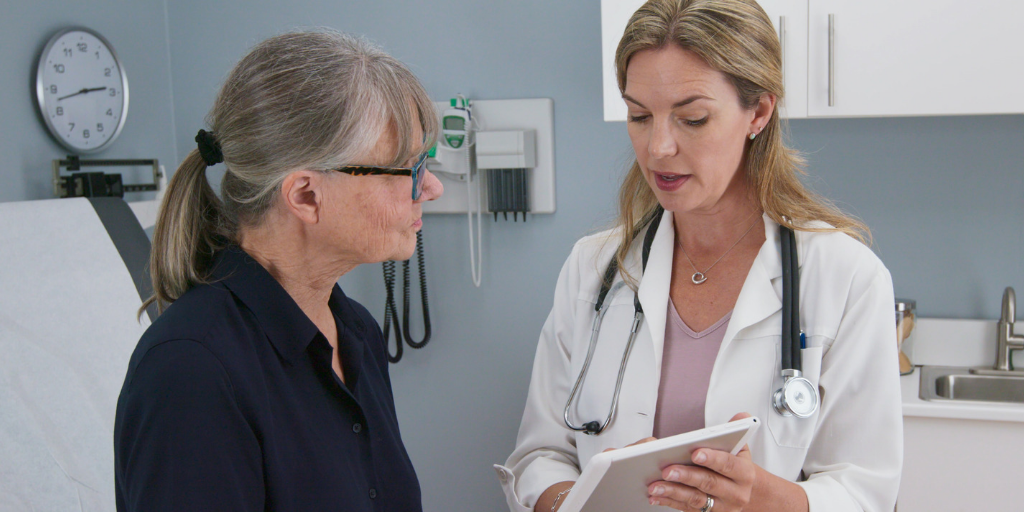
Colposcopy post-menopause: the challenges and solutions
Cervical cancer screening typically ends after 65 years of age but many women reach menopause before they age out of the screening process. This will inevitably lead some women to need colposcopy post menopause, especially if they did not receive regular screenings in...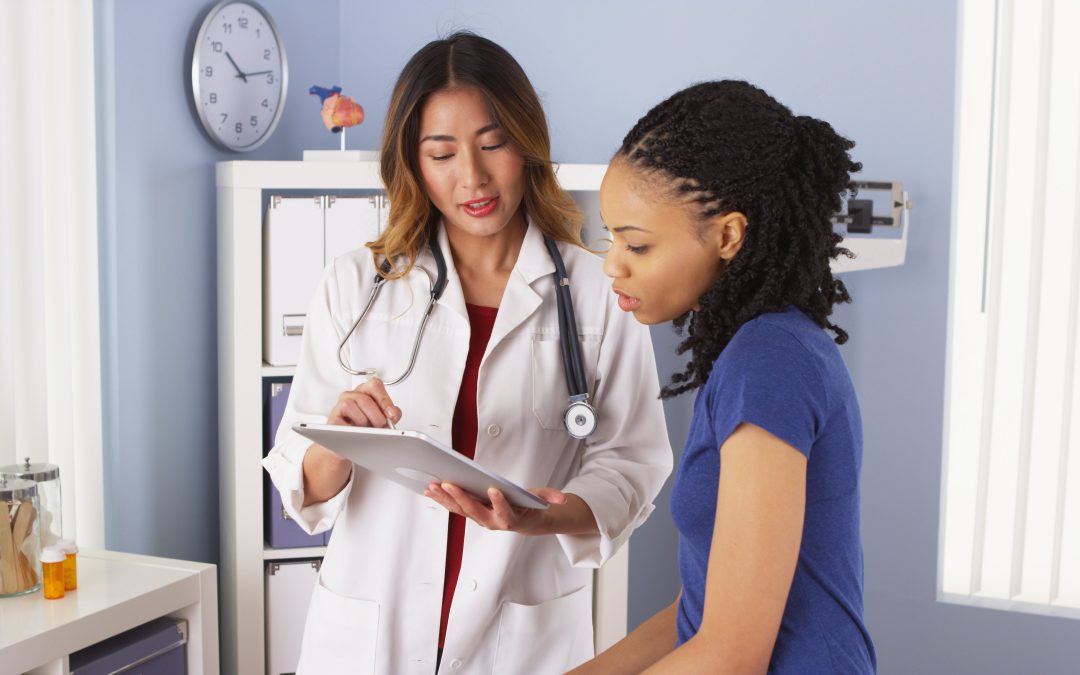
Why don’t more nurse practitioners train in colposcopy?
Nurse practitioners are well placed to perform colposcopy. The depth of relationship typically created between NPs and their patients can help put patients at ease about a procedure that can be daunting. NPs generally have more time in each appointment than...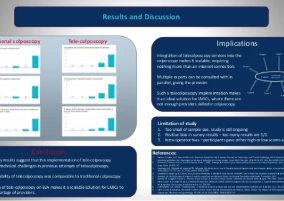
Initial Lessons From Implementing a Telecolposcopy Program on a High Risk Population in California
To assess the feasibility of a live, telecolposcopy system in clinics serving high-risk populations. Of interest is to understand the feasibility of an integrated telecolposcopy solution from the perspectives of patient and provider acceptance in comparison to in-person oversight of an exam.
